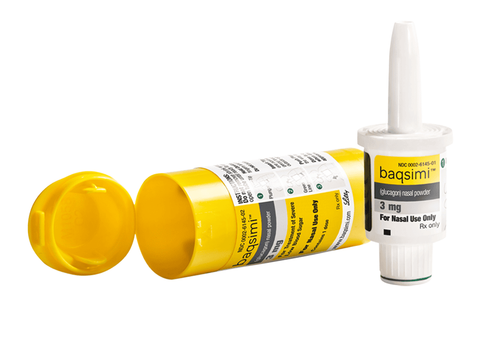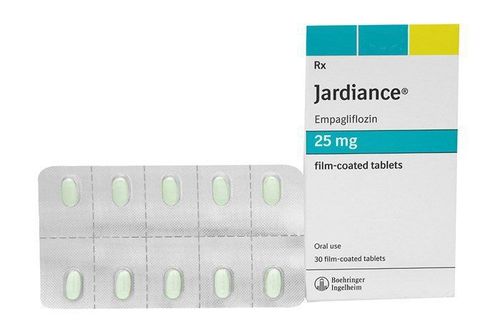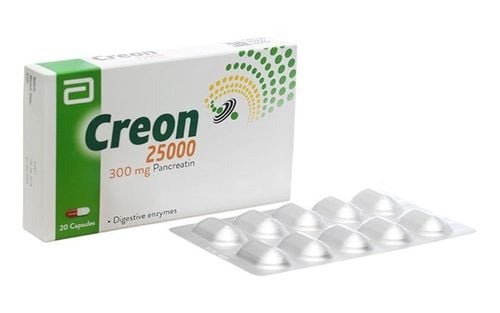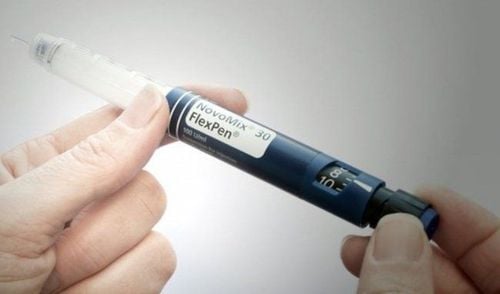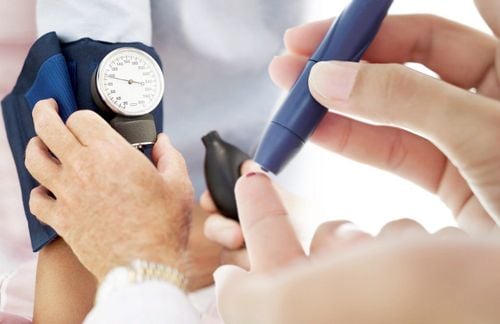This is an automatically translated article.
The article is professionally consulted by Master, Doctor Le Thi Minh Huong - Emergency Medicine Doctor - Department of Resuscitation - Emergency - Vinmec Nha Trang International General Hospital.The amount of carbohydrates in the diabetic diet should be considered in order to keep blood glucose levels stable. Knowing how diet affects blood sugar can also help reduce your risk of disease and high blood sugar.
1. What is blood sugar?
Blood sugar, also known as blood glucose, comes from the foods you consume on a daily basis. The body makes blood sugar by digesting certain foods into glucose that circulates in the blood. Blood sugar is stored in the cells to be converted into energy to use when needed.However, too much sugar in the blood can be harmful. Type 2 diabetes is characterized by blood sugar levels above the normal range. If diabetes is not well controlled, it can lead to problems with the heart, kidneys, eyes, and blood vessels.
If you know how your diet affects your blood sugar, you can protect yourself from diabetes. For people who already have diabetes, it becomes even more important to know about how diet affects blood sugar.
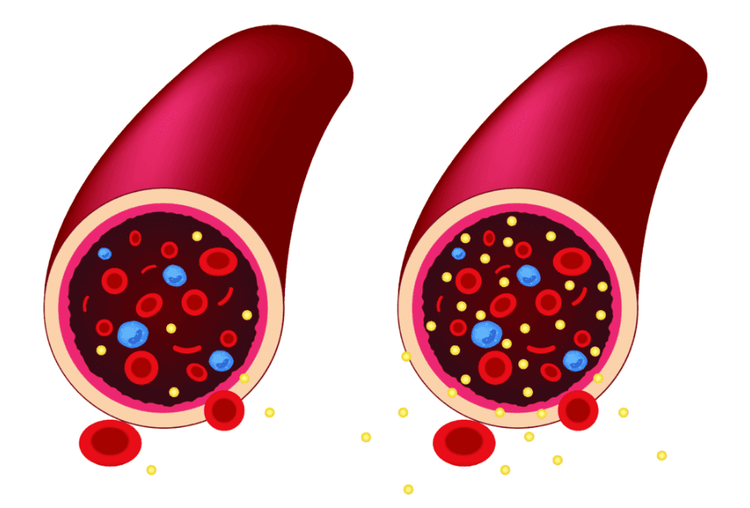
GLucose trong máu tăng khi bạn dung nạp quá nhiều đường vào cơ thể
2. What happens when you eat?
Your body will break down everything you eat and absorb the various nutrients found in the food. These nutrients include:Carbohydrates (sugars, starches and fibres); Protein (protein); Fat; Vitamins and other nutritious minerals. The carbohydrates that you consume are converted to glucose in the blood. The more carbohydrates you eat, the more sugar your body produces. If you consume carbohydrates in liquid form, the body will absorb them faster than in solid foods. So a glass of soft drink will raise your blood sugar faster than a slice of pizza.
Fiber - a group of substances very important for health, is also a component of carbohydrates but is not converted to sugar. This is because fiber cannot be digested. In addition, proteins, fats, water, vitamins and minerals will not contain carbohydrates - the group of substances that have the greatest impact on blood glucose levels.
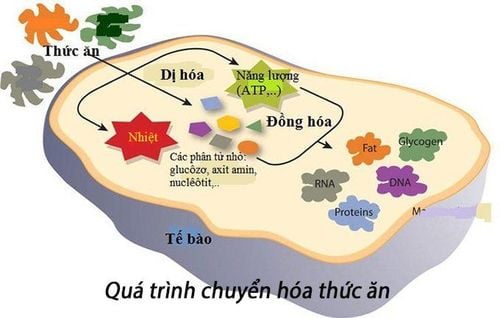
3. Carbohydrate-rich foods
Foods that are high in carbohydrates are the biggest cause of spikes in your blood sugar. They are found in foods such as:White grain products, for example pasta and rice; Cookie; White bread; Processed grains; Sugary drinks. If you just need to monitor your carbohydrate intake, you don't necessarily need to avoid these foods. Instead, adjust portion sizes and replace them with whole grains when possible.
For diabetics, the doctor will recommend the amount of carbohydrates they are allowed to consume for each main and side meal. You can also consult a dietitian to create a diabetic diet plan.
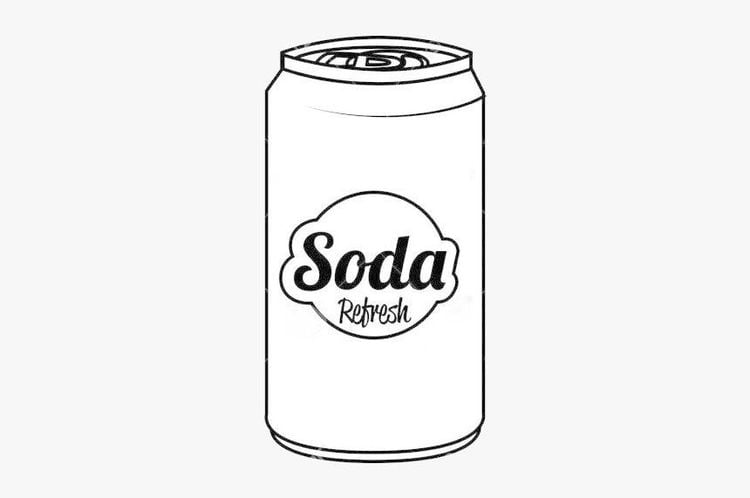
Đồ uống có đường
4. Other factors affecting blood sugar
4.1. Eating habits Proper diet also has the ability to limit spikes in blood sugar. Mixed meals, which include protein, fat, and fiber, will help slow the digestion of carbohydrates. They will limit the situation of excessively high blood sugar after a meal.Small meals throughout the day are also important. Try to keep your blood sugar stable by eating every 3 - 5 hours. Three nutritious main meals a day, plus a few healthy snacks, can keep your blood glucose levels steady.
4.2. Exercise Exercise has a big effect on blood sugar because blood glucose is used for energy. When you use muscles, cells absorb sugar from the blood for energy.
Depending on the intensity or duration of exercise, physical activity can even lower blood sugar levels for hours even after you've stopped exercising.
If you exercise regularly, the cells in the body will respond better and are more sensitive to insulin. This helps to keep blood sugar levels in the normal range, so that the pancreas will work properly, without impaired function because of high blood glucose.

Luyện tập thể dục có nhiều lợi ích cho cơ thể
The body of a person with type 1 diabetes does not make insulin. Therefore, they are forced to inject insulin every day.
The body of a person with type 2 diabetes does produce insulin, but it may not be enough or is used incorrectly. The cells don't respond to insulin, so more sugar circulates in the blood.
4.4. Other factors If diet and exercise aren't enough to manage blood sugar, people with type 2 diabetes may be prescribed medication to keep blood glucose levels within a safe range.
In addition, your health, age and living habits also contribute to keeping blood sugar levels consistent.
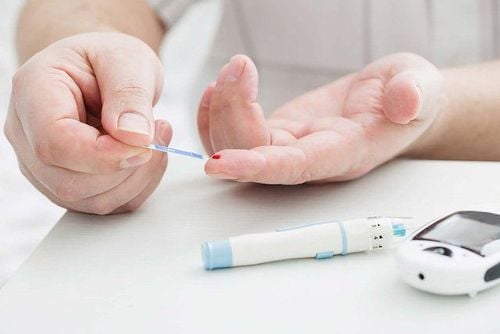
Người bệnh có thể tự kiểm tra chỉ số đường máu tại nhà
5. Check your blood sugar
Physical activity and diet directly affect blood sugar, but measuring the blood glucose index will give the most specific results, helping you to adjust your living habits accordingly.Tested people who do not have diabetes do not need to check their blood sugar daily. If you have diabetes, how often to check your blood glucose level depends on your treatment plan. Therefore, it is advisable to measure glucose according to the advice of the treating doctor.
Usually people try to enter:
Morning; Before and after meals; Before and after exercise; Before go to bed; When you feel unwell. A blood glucose meter is used to check if the blood sugar level is within the target range. The doctor will also rely on this index to come up with an individual treatment plan for each individual.
6. Note the diet for diabetics
Carbohydrates are the main ingredient that affects blood sugar, but they're not the only nutrients that provide calories. Foods containing protein and fat will also give energy to the body.If you consume more calories than you burn in a day, they will be converted to fat and stored in the body. The more you gain weight, the less sensitive your body is to insulin. As a result, your blood sugar will also increase.

Định kỳ kiểm tra sức khỏe giúp phát hiện sớm bệnh lý bất thường
If you have a medical condition or have high blood sugar, talk to your doctor or dietitian about a safe and healthy diabetic diet.
Vinmec International General Hospital is implementing a Cardiovascular and Diabetes Screening Package under the implementation of a team of highly specialized, experienced doctors and the support of modern technological equipment, which will help provide the most accurate diabetes test results, thereby recommending an appropriate treatment regimen.
MSc. Le Thi Minh Huong has more than 06 years of experience in examining and treating medical, emergency and emergency resuscitation diseases. In addition, there is the ability to perform catheterization techniques, artificial kidney in patients with end-stage chronic kidney disease, continuous dialysis, plasma exchange.
Customers can directly go to Vinmec Health system nationwide to visit or contact the hotline here for support.
Articles refer to the source: healthline.com
SEE MORE:
Diabetes screening package, dyslipidemia How to know if I should get tested for diabetes? Distinguish type 1 and type 2 diabetes in detail according to the guidelines of the Ministry of Health






